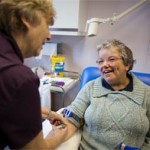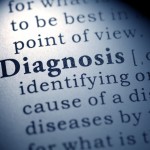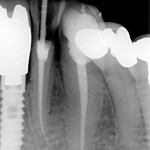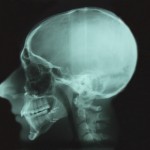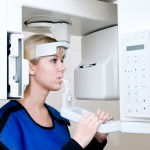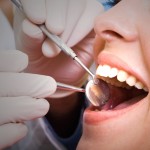
This study compared the diagnostic accuracy of dental screening by hygiene-therapists with dentists. The results show that they could be used to screen for caries and periodontal disease. This could allow for a change in the traditional model of dental care seen in the UK.
[read the full story...]